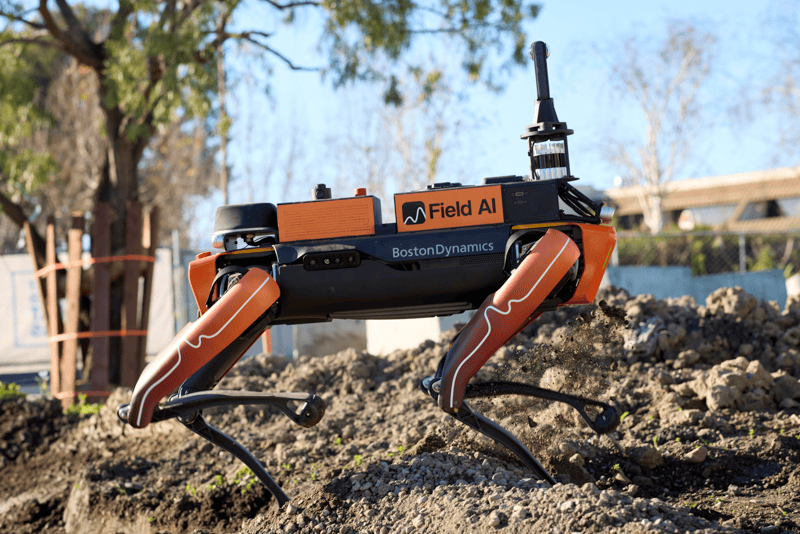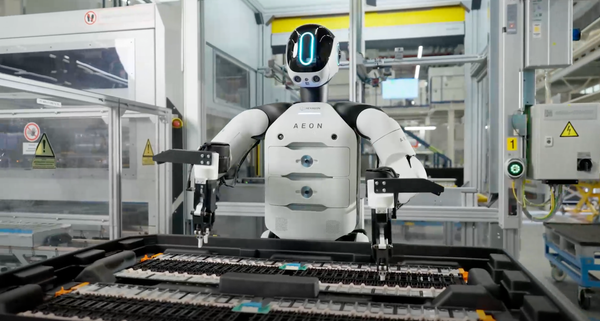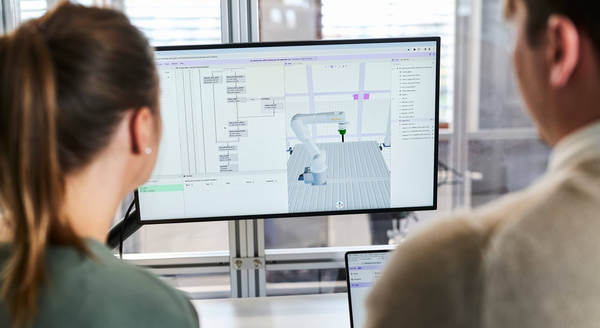FieldAI Secures $405M to Scale Risk-Aware Robotics Globally

- FieldAI closed $405 million in two oversubscribed funding rounds backed by investors including Bezos Expeditions, Temasek, NVentures, and Khosla Ventures.
- The funding will support product development, hiring, and global rollout of Field Foundation Models across multiple robot types and environments.
FieldAI announced it has raised $405 million across two funding rounds, with participation from top investors such as Canaan Partners, Khosla Ventures, and Emerson Collective. The company’s general-purpose robotics intelligence is already deployed across complex industrial environments worldwide, including sectors like construction, energy, and manufacturing.
"Enabling autonomy solutions at scale is an extremely difficult problem, but the deep expertise of the FieldAI team and their unique approach to embodied intelligence reflects a pragmatic path forward," said Vinod Khosla, founder of Khosla Ventures, in an official press release. "FieldAI is at the forefront of the general-purpose robotics revolution, and its ability to rapidly deploy will unlock long-term economic and societal value."
At the core of FieldAI’s platform are Field Foundation Models (FFMs), physics-first architectures designed for embodied AI. These risk-aware models enable autonomous robots to navigate unstructured, dynamic settings without prior maps or GPS, adapting to new conditions in real-time. Their hardware-agnostic design supports deployment across quadrupeds, humanoids, wheeled robots, and passenger-scale vehicles.
The new capital will support global expansion, product development in manipulation and locomotion, and the doubling of FieldAI’s workforce by year’s end. Its team includes veterans from organizations such as NASA JPL, Tesla Autopilot, Google Brain, and SpaceX.
🌀 Tom’s Take:
This is another clear signal that one of the biggest opportunities in robotics is building an operating system that isn’t pre-programmed but instead allows robots to handle a wide range of environments and situations. FieldAI’s physics-first foundation models point to a future where a single AI brain can generalize across robot types, form factors, and use cases, adapting on the fly instead of relying on fixed instructions.
Source: PR Newswire / FieldAI




